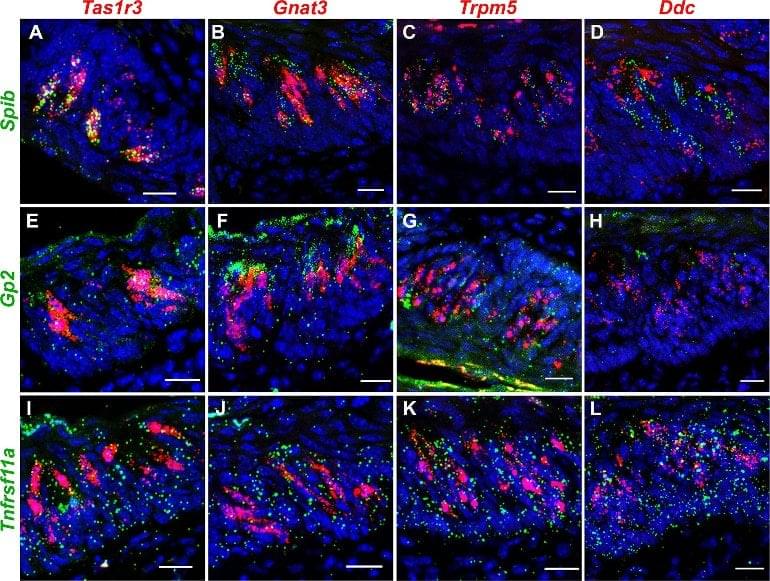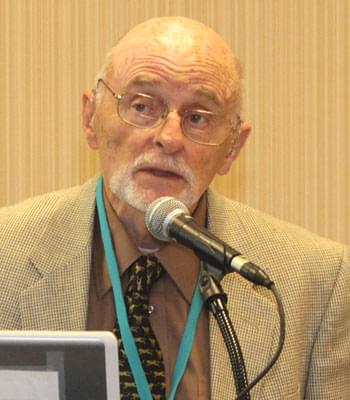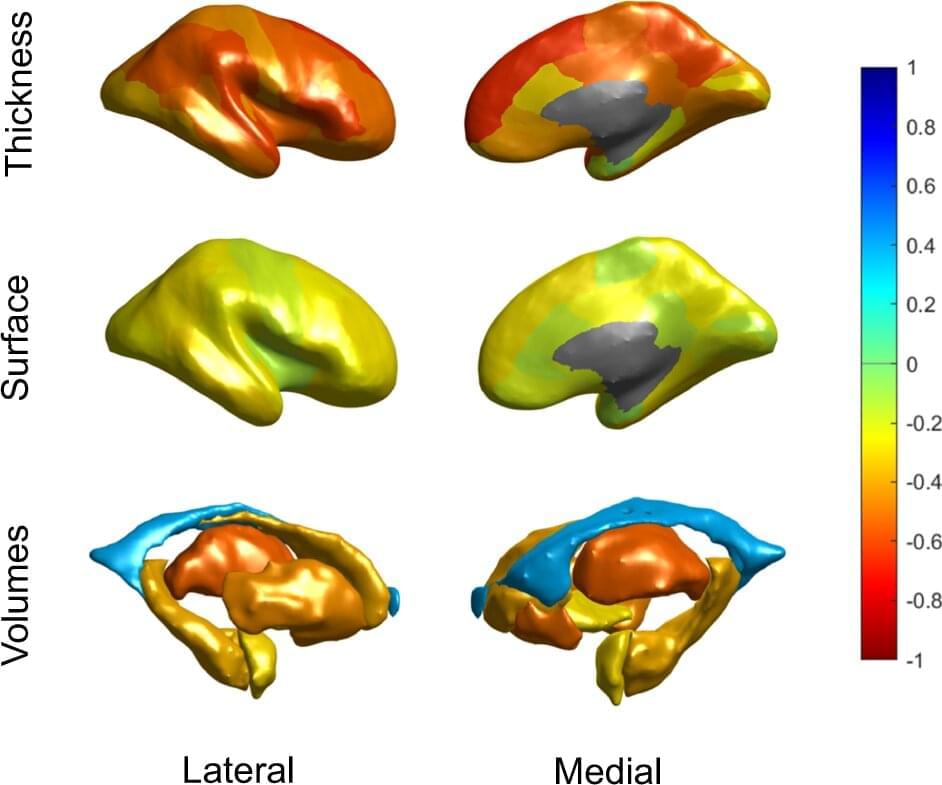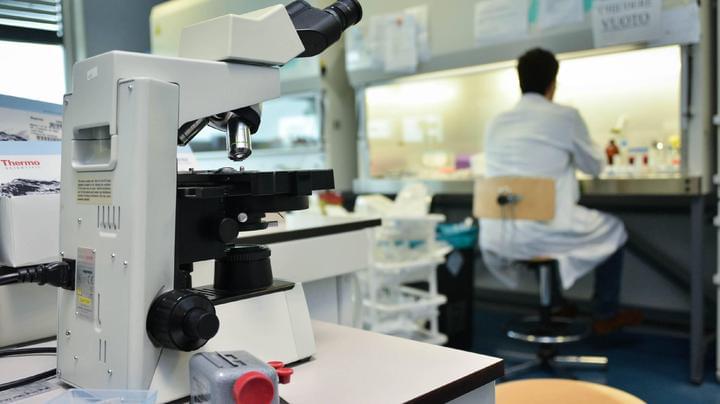By ten years.
An anti-aging gene discovered in a population of centenarians has been shown to rewind the heart’s biological age by 10 years. The breakthrough, published in Cardiovascular Research and led by scientists at the University of Bristol and the MultiMedica Group in Italy, offers a potential target for patients with heart failure.
Associated with exceptional longevity, carriers of healthy mutant genes, like those living in blue zones of the planet, often live to 100 years or more and remain in good health. These individuals are also less prone to cardiovascular complications. Scientists believe the gene helps to keep their hearts young by protecting them against diseases linked to aging, such as heart failure.
In this new study, researchers demonstrate that one of these healthy mutant genes, previously proved particularly frequent in centenarians, can protect cells collected from patients with heart failure requiring cardiac transplantation.







